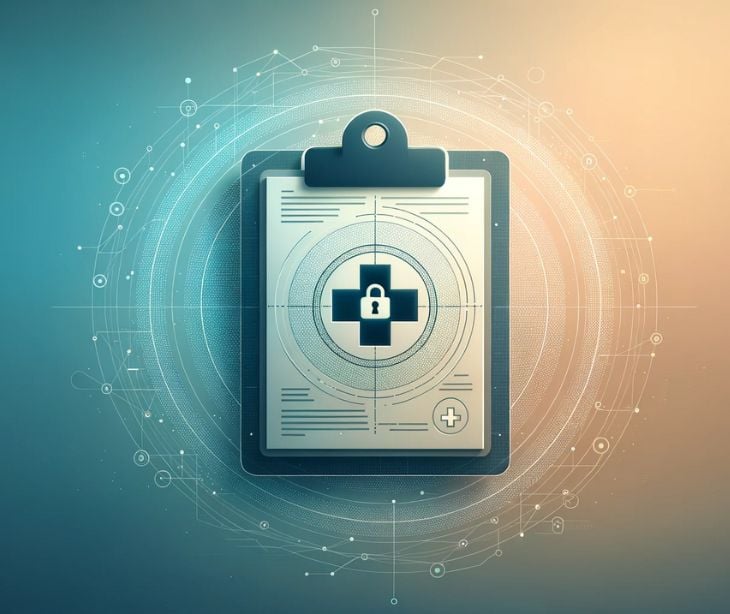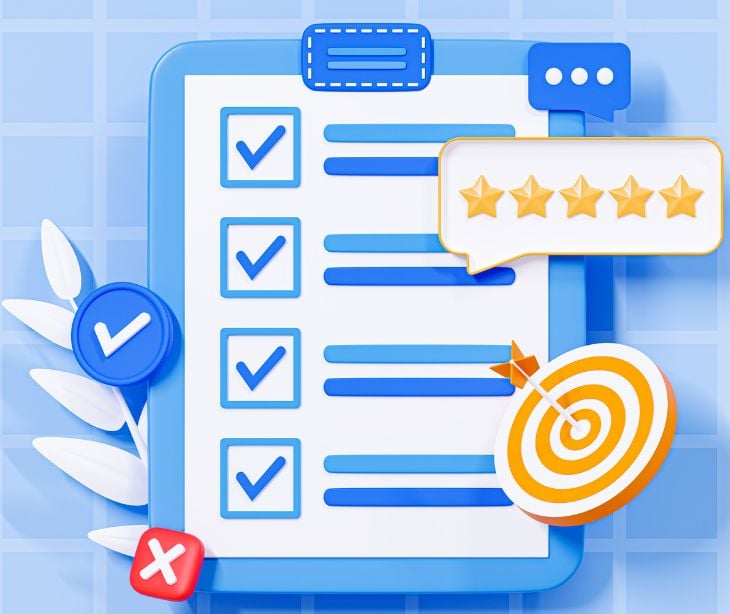
HIPAA requires safeguarding individuals' protected health information (PHI); however, there may be times when PHI is disclosed outside of routine healthcare operations. In these situations, HIPAA authorization forms are used.
A HIPAA authorization is a document that gives healthcare providers permission to use or disclose a patient’s PHI for purposes other than treatment, payment, or healthcare operations.
FAQs
What is HIPAA?
The Health Insurance Portability and Accountability Act (HIPAA) sets national standards for protecting the privacy and security of certain health information, known as protected health information (PHI). PHI is information relating to a person’s health status, medical history, or treatment. It also includes any identifying information in combination with health information.
HIPAA is designed to protect the privacy and security of individuals’ health information and to ensure that healthcare providers and insurers can securely exchange electronic health information. Violations of HIPAA can result in significant fines and penalties for covered entities.
See also: HIPAA Compliant Email: The Definitive Guide
When is a HIPAA authorization required?
Authorization is required when a healthcare provider needs to use or disclose PHI for reasons not covered by the HIPAA Privacy Rule, such as marketing, research, or sharing information with third parties not involved in the patient’s care.
What information must be included in a HIPAA authorization?
The authorization must include a description of the information to be used or disclosed, the name of the person or entity authorized to make the disclosure, the recipient's name, the purpose of the disclosure, an expiration date or event, and the patient’s signature and date.
Read also: HIPAA authorization forms
How is a HIPAA authorization different from consent?
Consent is a general agreement to treatment or procedures. A HIPAA authorization form permits the use or disclosure of PHI for purposes unrelated to treatment, payment, or healthcare operations. Consent is typically more general, whereas authorization is detailed and specific.
Can a patient revoke a HIPAA authorization?
Yes, a patient can revoke their HIPAA authorization at any time in writing. However, the revocation does not affect actions taken by the provider before the revocation.
Learn more: What to do when an individual revokes authorization
Are there any exceptions to the need for HIPAA authorization?
Yes, PHI can be disclosed without authorization for public health activities, like reporting abuse or neglect, law enforcement purposes, and certain other situations defined by the HIPAA Privacy Rule.
See also: What emails do not need patient authorization?
How does HIPAA authorization impact patient care?
HIPAA authorization ensures that patients control their PHI and make informed decisions about who can access their information, ultimately protecting their privacy and building trust in the healthcare system.
What happens if a HIPAA authorization is not properly obtained?
If HIPAA authorization is not properly obtained, the healthcare provider may be violating HIPAA regulations, which can result in penalties, fines, and damage to the provider’s reputation.
How can patients ensure their HIPAA authorizations are handled correctly?
Patients should carefully read and understand the authorization form before signing, ensure all required elements are included, and retain a copy of the signed document for their records.
How are HIPAA authorization violations enforced?
HIPAA violations are enforced by the Office for Civil Rights (OCR) within the U.S. Department of Health and Human Services (HHS). Violations can result in penalties ranging from fines to criminal charges, depending on the severity of the breach.
Learn more: Understanding HIPAA violations and breaches
Subscribe to Paubox Weekly
Every Friday we'll bring you the most important news from Paubox. Our aim is to make you smarter, faster.



